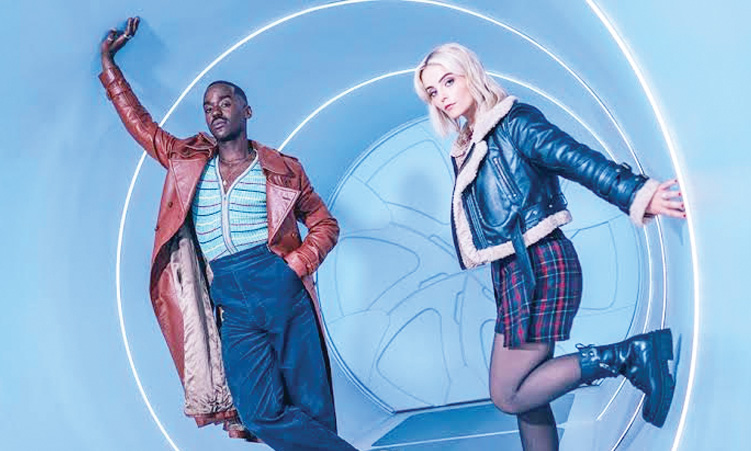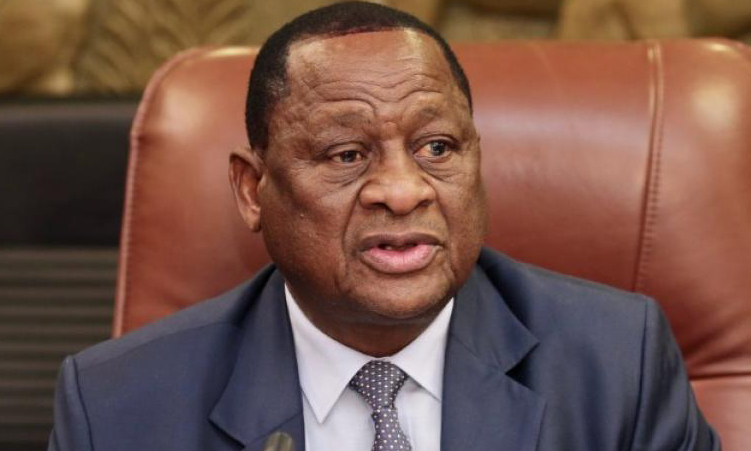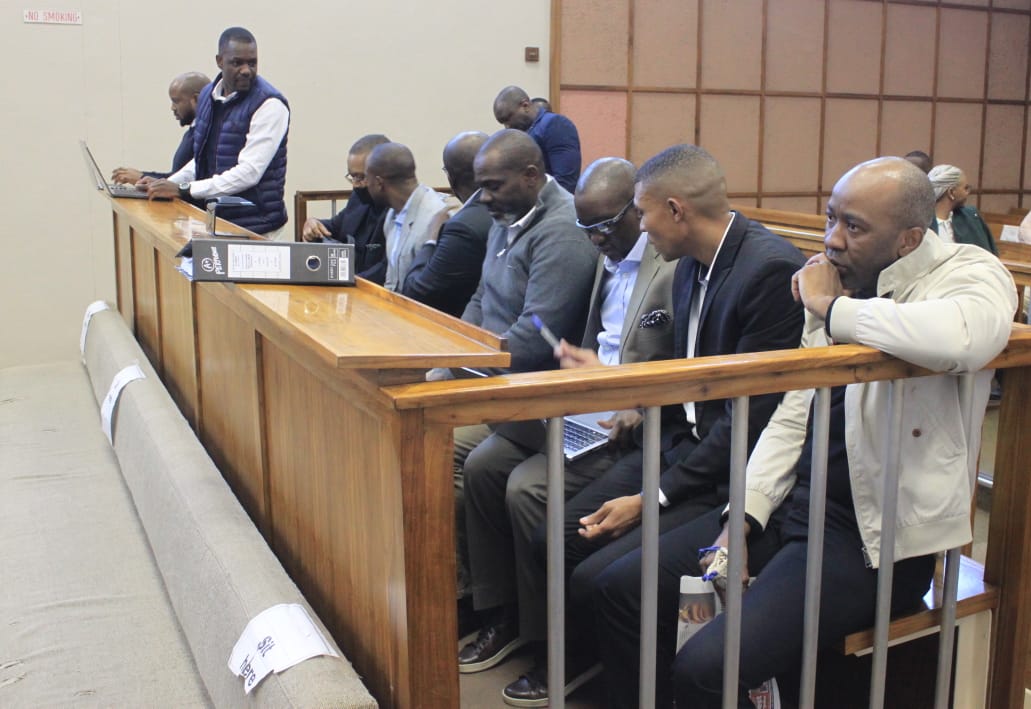As far weird and random science fiction shows go, ‘Doctor Who’ is right up there.
I am a fan and I’ve been on this journey since my youth. The series is so complicated and convoluted that it would take far more space than this article allows for me to fully explain what the fuss is all about and why its new era may just be its best yet.
This is the 14th season since its 2005 reboot, but the first in the new version of the show.
We are introduced to a new doctor, Ncuti Gatwa and a new companion in the Tardis, with Millie Gibson as Ruby Sunday.
Though the tone of the series seemed to have shifted into a more playful and childlike one, it still managed to have some gut-wrenching and heartwarming moments.
In this season alone, I can say I was confronted with issues such as abortion, transgenderism, racism and white supremacy, classism, abandonment and loneliness, sexuality, social media obsession, the military industrial complex and many others.
The script handled the topics as subtly as it could and the plots were so interesting and easy to get engrossed in.
‘Doctor Who’ is a long-running British television series following the life and exploits of the space and time-travelling, two-hearted, human-looking, extra-terrestrial figure known as ‘The Doctor’.
He travels the galaxy, looking for adventure and getting himself engrossed in a few problems, while showing his human companions all the wonders of the universe.
He is normally plagued by his traumatic past, his desire to never look back and the dangerous nature of his existence, since he is one of the most intelligent, powerful and feared people, but also the most lost and confused.
The Doctor is from an alien race called Timelords, and they have a special power that gives them the gift of being nearly immortal.
When he suffers severe physical damage, instead of dying, all his cells reshuffle themselves and produce a completely new body.
This means that every few years, this character has a new face and is portrayed by a new actor.
This show has run since 1962 and in 2017 they had their first female incarnation of The Doctor, played by Jodie Whittaker.
Ncuti came in as the first black Doctor and has had a hard battle to fight to be accepted by the mainly white British audience, but his performance has been testament to the fact that these barriers should have and could have been broken a long time ago.
This show has always been extremely progressive. It has always shown itself to support diversity in race and sexuality, but now it seems to be trying to yield the power it has a lot more responsibly.
And it is ruffling a few feathers.
– Anne Hambuda is a poet, writer and social commentator. Follow her online or email her annehambuda@gmail.com.
Stay informed with The Namibian – your source for credible journalism. Get in-depth reporting and opinions for
only N$85 a month. Invest in journalism, invest in democracy –
Subscribe Now!






